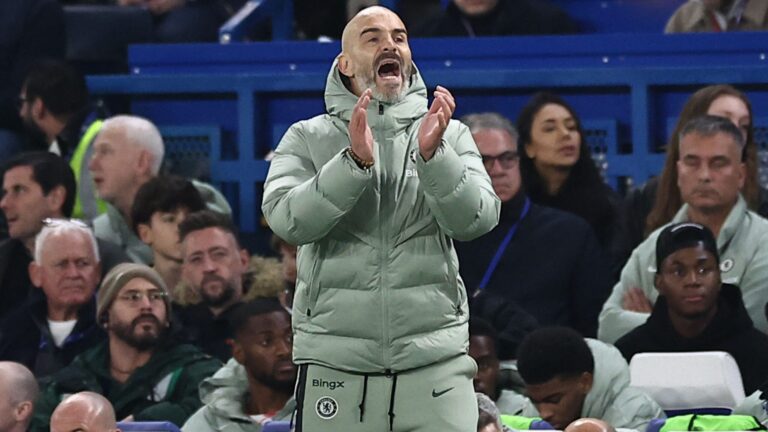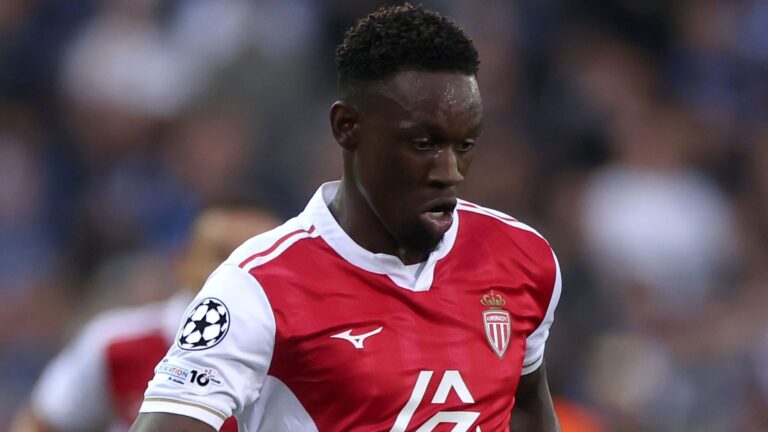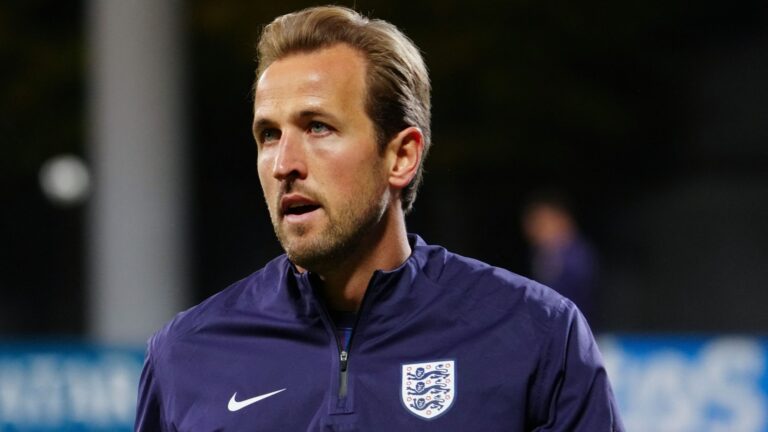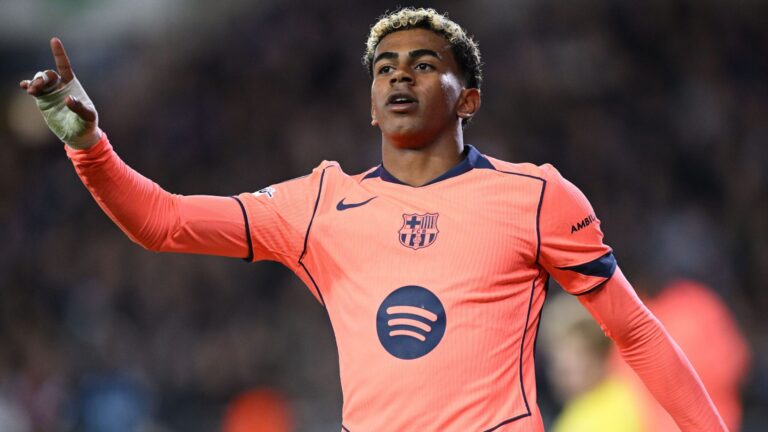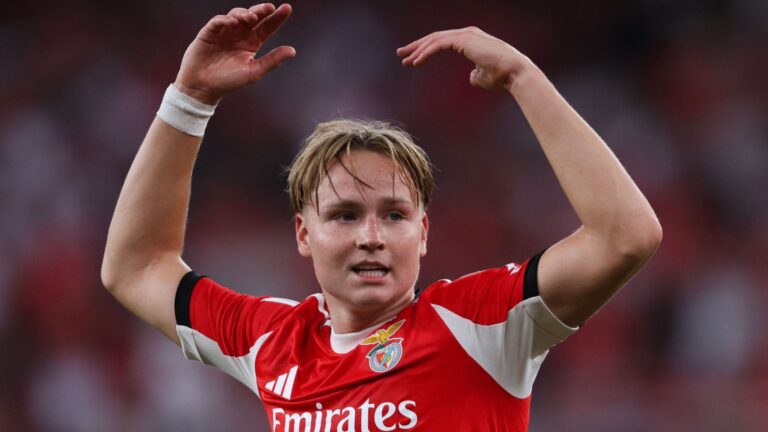


Wolves Eye Rob Edwards as Key to Escaping Relegation Woes
In a surprising twist to their ongoing struggle, the Wolves team has set their sights on Rob Edwards, the current Middlesbrough manager, as they search for a new leader following the dismissal of their previous coach. Insights from reliable sources highlight how Edwards has quietly established himself as a top choice in the Championship, drawing attention from Wolves amid their urgent quest for stability. At 42, he remains tied to Middlesbrough through a contract extending to June 2028, which would require a substantial payout from Wolves to bring him on board. For Middlesbrough, who have surged to third place under his guidance with seven victories in 14 outings, his potential departure represents a significant setback, though the allure of his past with Wolves might sway him.
Rob Edwards’ Deep Ties to Wolves and Career Evolution
Early Days and Formative Experiences at Wolves
Rob Edwards shares a profound history with Wolves, having featured in 111 matches as a player before transitioning into coaching roles within the club’s development system. His professional path started with the under-18 squad in 2014, progressed to the senior coaching team the following year, and culminated in leading the under-23 group by 2019. Subsequently, Edwards ventured to Forest Green Rovers in 2021, where he orchestrated a successful promotion push, and then advanced to the Championship level with Watford, marking key milestones in his ascent.
Challenges and Triumphs in Recent Managerial Roles
Edwards’ tenure at Watford proved brief, ending abruptly after only ten matches due to mixed results. Yet, he quickly rebounded by joining Luton Town, where he engineered a remarkable promotion drive in the 2022-23 season, elevating the team to the Premier League despite formidable obstacles, showcasing his resilience and strategic prowess.
Edwards Addresses the Speculation Surrounding His Potential Move
When pressed on rumors of a return to Wolves, Edwards opted for caution, yet his comments inadvertently intensified the buzz. He remarked, “You’re aware of my history with the club [Wolves]. Still, my complete attention is on my current position, an outstanding opportunity, and working to improve our standing. Discussing rumors is tricky for me. We’ve performed well thus far. It’s merely speculation. I avoid engaging with hypotheticals and prefer not to delve into them.” He added, “I thoroughly enjoy managing Middlesbrough and that’s my priority. I haven’t contemplated anything else since my focus is solely here. It’s just the kind of talk my daughter mentioned to me.”
Alternative Candidates and Internal Shifts at Wolves
Exploring Other Managerial Prospects
Although Edwards stands out as the primary interest, Wolves are evaluating additional possibilities. Michael Carrick, who is presently unattached, is among those in the mix, though his absence of Premier League credentials might hinder his chances. Meanwhile, ex-Wolves manager Gary O’Neil was approached but ultimately decided against pursuing the role.
Broader Instability Within the Organization
Beyond the managerial hunt, Wolves are dealing with wider organizational upheaval. Recently, the club announced the mutual departure of director of professional football Domenico Teti, who had joined the leadership team only recently. Executive chairman Jeff Shi commented: “Domenico handled his responsibilities with utmost professionalism and fostered solid connections throughout the organization during his tenure. He positively influenced our football operations and maintained integrity at all times. We appreciate his dedication and contributions, and we extend our best wishes for his future endeavors.”
Wolves’ Current Predicament and the Road Ahead
Sitting precariously with just two points from their last ten games, Wolves are in a desperate fight to stay afloat. For the immediate future, interim head coach James Collins will assume control, handling the upcoming press conference on Friday and guiding the squad in a tough encounter against Chelsea at Stamford Bridge. This match represents their last before the international hiatus and could be pivotal in staving off further decline ahead of a potential leadership overhaul. Currently eight points from the safety threshold, Wolves must secure the ideal hire to climb out of the relegation zone.
The Recent Turmoil at Wolverhampton Wanderers
Understanding the Relegation Battle in the Premier League
Wolverhampton Wanderers, often simply called Wolves, have found themselves in a precarious position in the Premier League this season, battling to avoid the drop to the Championship. For fans and football enthusiasts, the relegation fight is always intense, with every match point feeling crucial. Teams like Wolves, who were once pushing for European spots, now face the harsh reality of a slump that has seen them languish near the bottom of the table. This situation has sparked widespread discussion in the football community, highlighting how quickly fortunes can change in one of the world’s most competitive leagues.
Key factors contributing to Wolves’ struggles include a string of poor results, defensive vulnerabilities, and inconsistent performances from key players. In recent games, the team has struggled to convert chances, leading to dropped points against mid-table rivals. This ongoing relegation battle has put immense pressure on club management to make bold decisions, emphasizing the high stakes involved in Premier League survival strategies.
- Injuries and Squad Depth Issues: Wolves have been hit hard by injuries to star players, which has exposed their lack of depth and made it difficult to maintain form.
- Tactical Mismatches: Under previous leadership, the team’s tactics haven’t adapted well to the fast-paced demands of the Premier League.
- Fan Expectations and Morale: Supporters have voiced their frustrations on social media and forums, calling for changes to inject new energy into the squad.
The Sacking of Vitor Pereira Amid Rising Tensions
The decision to sack Vitor Pereira as manager of Wolverhampton Wanderers marked a pivotal moment in their season. Pereira, who took over with high hopes, faced mounting criticism for the team’s inability to secure wins in critical matches. His tenure was short-lived, with results failing to improve the club’s standing in the relegation zone, prompting the board to act swiftly.
Experts in football management point to several reasons why Pereira’s approach didn’t gel with the squad. His style, which emphasized a more defensive setup, clashed with Wolves’ traditional attacking flair, leading to sterile performances that frustrated fans. This managerial change underscores the volatile nature of Premier League coaching roles, where job security often hinges on immediate results.
In the broader context, sacking a manager like Pereira is not uncommon in football circles. Clubs in a relegation battle often look for a fresh voice to rally the team, and Wolves’ move reflects a strategic pivot to avoid further slippage. Discussions around Pereira’s dismissal have dominated football news outlets, with analysts debating whether earlier intervention could have altered the team’s trajectory.
Who is Rob Edwards and His Rise as Middlesbrough Manager?
Rob Edwards has emerged as one of the promising figures in English football management, currently steering Middlesbrough through their own challenges in the Championship. For those unfamiliar, Edwards is known for his tactical acumen and ability to develop young talents, making him an attractive candidate for clubs seeking stability. His journey from player to manager has been marked by steady progress, with notable successes that have caught the eye of Premier League teams like Wolverhampton Wanderers.
At Middlesbrough, Edwards has overseen a revival, implementing strategies that focus on high pressing and quick transitions. This approach has helped the team climb the Championship standings, proving his capability in high-pressure environments. Football pundits often praise Edwards for his man-management skills, which have fostered a positive team culture and improved player performances.
Key highlights of Edwards’ tenure include:
- Promotion Push: Leading Middlesbrough to competitive form, positioning them as contenders for promotion to the Premier League.
- Youth Development Focus: He’s been instrumental in nurturing academy players, emphasizing long-term squad building over short-term fixes.
- Tactical Innovations: Edwards has adapted formations to suit his players’ strengths, resulting in more dynamic and engaging matches.
Wolverhampton’s Approach to Rob Edwards and Potential Outcomes
As Wolverhampton Wanderers eye a turnaround, their approach to Rob Edwards signals a deliberate strategy to inject fresh ideas into the squad. Reports indicate that club officials have initiated talks with Edwards, viewing him as the ideal candidate to navigate the relegation battle with his proven track record in the EFL. This move has generated buzz in the football world, with fans speculating on how Edwards might adapt his Championship-winning tactics to the Premier League level.
The potential appointment of Edwards could bring several benefits to Wolves, including a shift towards a more aggressive playing style and better utilization of existing talents. Football experts suggest that his appointment might also boost team morale, as a new manager often reinvigorates players. However, challenges remain, such as integrating his methods quickly into a squad already under pressure.
Possible impacts of this managerial shift include:
- Improved Defensive Stability: Edwards’ emphasis on organized defending could address Wolves’ vulnerabilities.
- Enhanced Attacking Options: By focusing on fluid transitions, he might unlock the potential of forwards who have underperformed.
- Long-Term Vision: Beyond immediate survival, Edwards could lay groundwork for future seasons, aligning with Wolves’ ambitions in English football.
This development in the Wolverhampton Wanderers saga highlights the intricate dynamics of football management, where decisions like approaching a manager such as Rob Edwards can define a club’s fate. For those following Premier League relegation battles, keeping an eye on these changes offers valuable insights into team strategies and leadership transitions.


